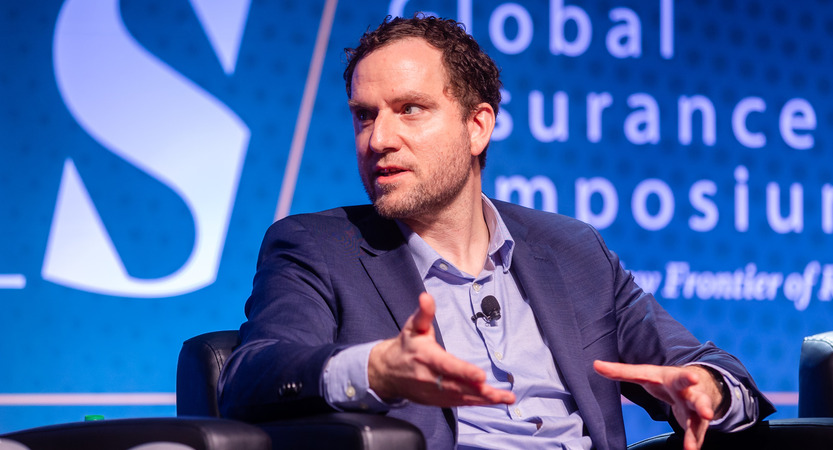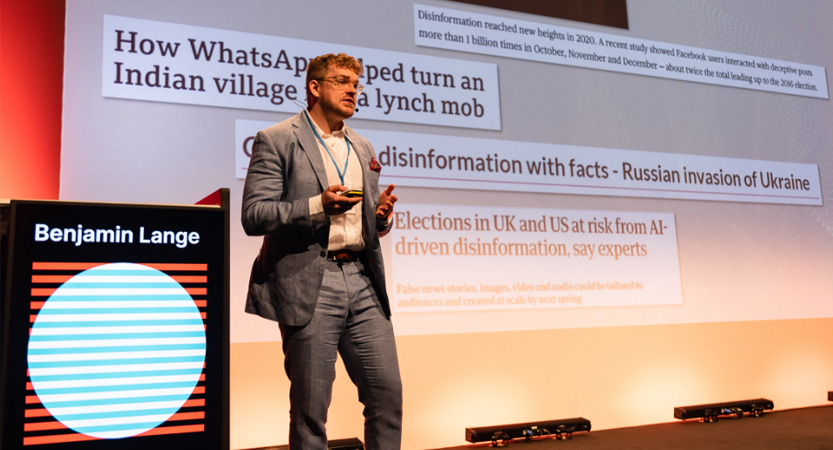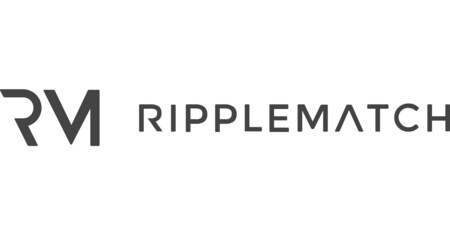What We Do?
BABL AI: Pioneering Responsible AI Solutions Since 2018. We believe that algorithms should be developed, deployed, and governed in ways that prioritize human flourishing. We unlock the value of Responsible AI for clients by combining leading research expertise and extensive practitioner experience in AI and organizational ethics to drive impactful change at the frontier of technology and emerging standards. Our team consists of leading experts and practitioners on AI, Ethics, Law, and Machine Learning.
Let BABL AI help your organization get up to speed on the latest emerging AI Regulations and Best Practices.
Become a Certified AI Auditor
BABL AI’s AI & Alogrithm Auditor Certification program equips professionals with the knowledge and skills to evaluate AI systems for fairness, transparency, accountability, and compliance. As AI technologies reshape industries, certified auditors play a critical role in ensuring these systems are developed and deployed responsibly. Through our rigorous, practical training, you’ll learn to identify and assess ethical and safety risks in complex sociotechnical systems, conduct independent audits, and provide trusted assurance to stakeholders—advancing the mission of promoting human flourishing in the age of AI.
Why Us
Don’t just take our word for it
Here’s what our clients have to say…
BABL AI can help with all your AI Audit and Compliance needs.
Reach out to us today for a free consultation!











